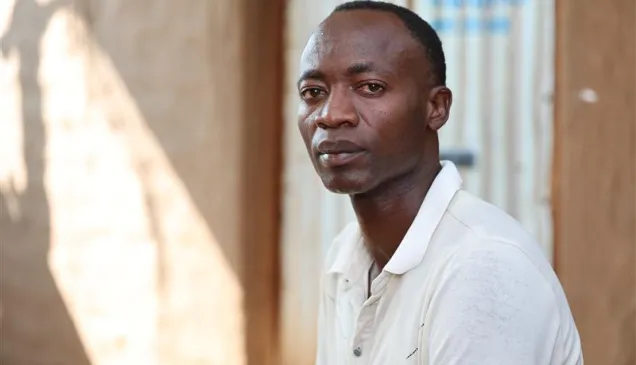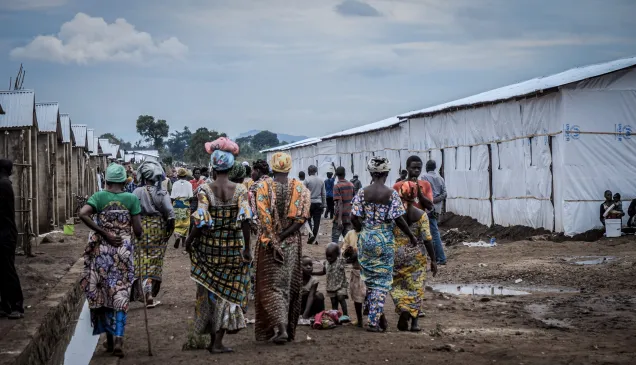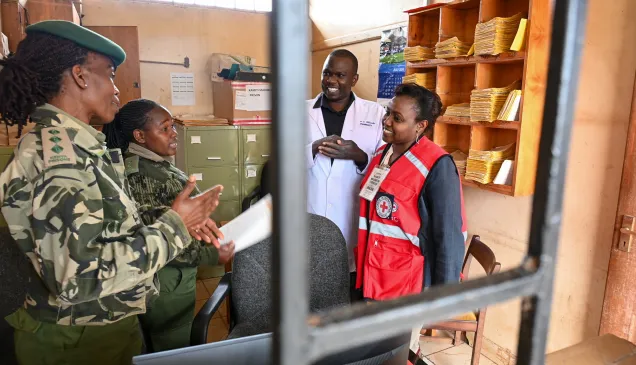Tanzania: A long road to reunification for a Burundian family
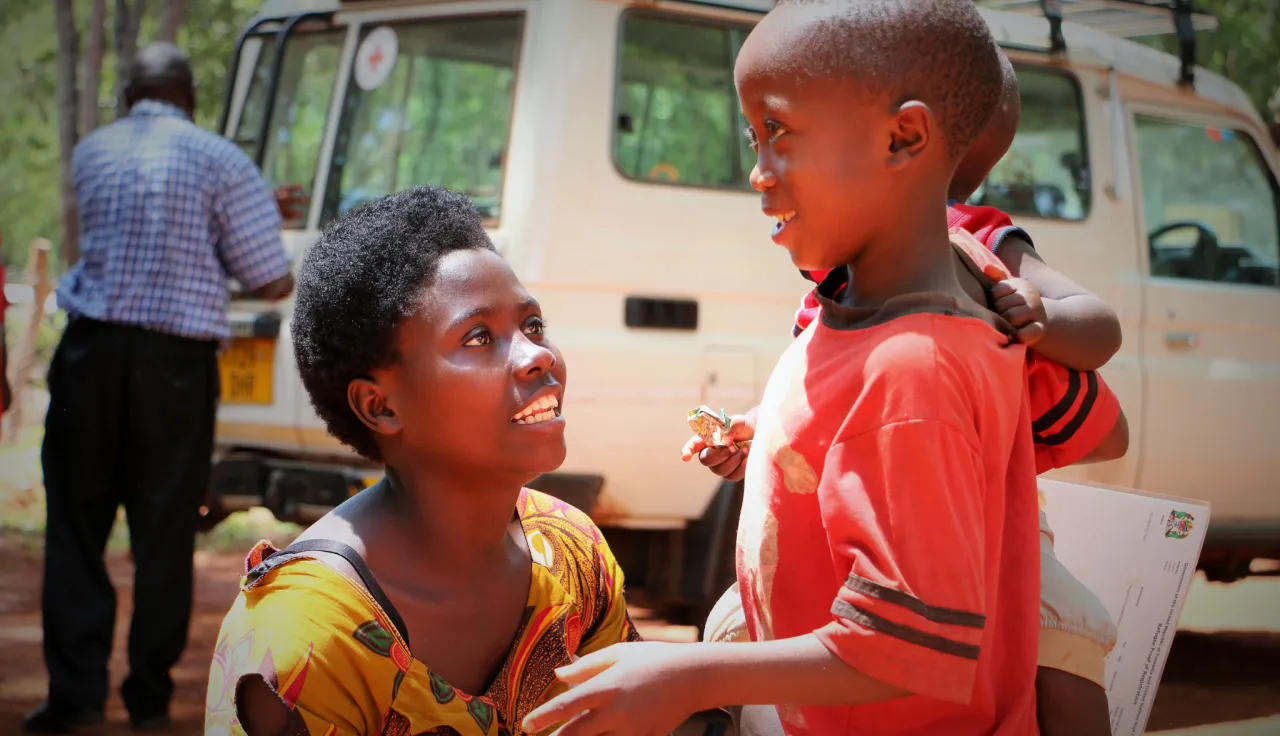
Nestory knew he had to leave. Burundi was becoming too volatile. Many of his neighbors had already fled to refugee camps in Tanzania. ''I ran into the night without saying goodbye to my wife and kids,'' Nestory later explained. ''None of us were certain that we will ever see each other again. All we could do is hope.''
Nestory walked overnight to the border with Tanzania and was directed into an entry point and later transferred to Nduta refugee camp, where he now lives. ''There were over 100 of us that cold morning at the receiving center," he recalls.
Back home, his wife, Genveva, barely slept that night. She was not sure whether her husband had made it to the border. One of their sons, a 4-year-old, was with her. The family's other son, who is 7, was visiting his uncle. When Nestory reached Tanzania, he borrowed a phone and called Genveva to inform her of his arrival.
After a week, his wife also decided to flee with their 4-year-old. She walked for two days, knocking on people's doors along the way in the hopes they could spare some food.
"I remember the first night on the road it rained heavily. My son almost fell sick since we had no shelter, and we had to sleep under some banana trees before finding someone to house us for the night,'' Genveva recalls. She reached the reception centre safely and was transferred to Nduta where she and her youngest son reunited with Nestory.
Their challenge was to get their 7-year-old son to the camp. The uncle never wanted to come to Nduta, but six months later he got in touch with Nestory and told him that his neighbor planned to travel there. Nestory finally had hope of seeing his eldest son. He instructed that the boy be handed over to the neighbor and prayed for his safe arrival.
Upon reaching the receiving center at the border, the neighbor was told that Nduta camp was full. They were transferred to Mtendeli refugee camp about 60 kilometers away. The family remained separated.
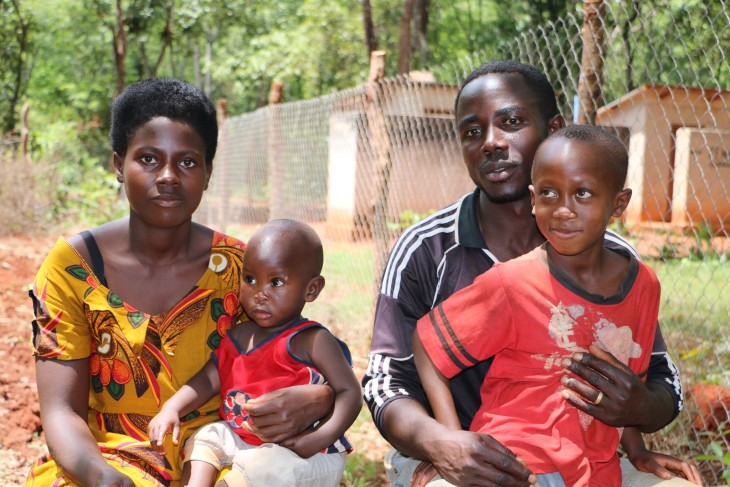
Conflict forced Nestory to flee from Burundi, and he was soon followed by his wife Genveva and their four-year-old son. We helped to reunite them with their seven-year-old son in Tanzania. CC BY-NC-ND / ICRC / Mike Mina
In their six months at the camp, Nestory and his wife had heard many stories from fellow refugees. They remembered one common phrase used in the camp – Guhuzaimiryango – which translates to ''restoring families.'' Refugees used the phrase to refer to the Red Cross program Restoring Family Links (RFL), which Nestory knew was their fastest way to reunite with his son.
He approached the Tanzania Red Cross Society (TRCS) office in Nduta and shared his story. The office, whose RFL activities are supported by the International Committee of the Red Cross (ICRC), registers three kinds of cases for reunifications: children who are separated from their parents and are not being cared for by another relative or adult who by law or custom is responsible to do so, children who flee with relatives but not their parents or guardians, and elderly people who cannot take care of themselves and have been separated from their family.
Red Cross efforts to find the 7-year-old boy bore fruit, and he was transferred to Nduta to join his family. This was the first time he had seen his parents and sibling for over six months.
"I thank the Red Cross for making us a family again," said Nestory's wife.
Nestory and his family are living among more than 220,000 fellow Burundians who fled the crisis when it began in 2015. The refugees are hosted in three camps: Nduta, Mtendeli and Nyarugusu. Today, an average of 500 new arrivals per day are forcing the government of Tanzania to consider opening a fourth refugee camp. The TRCS RFL services supported by the ICRC continue reuniting hundreds of families between the camps.

